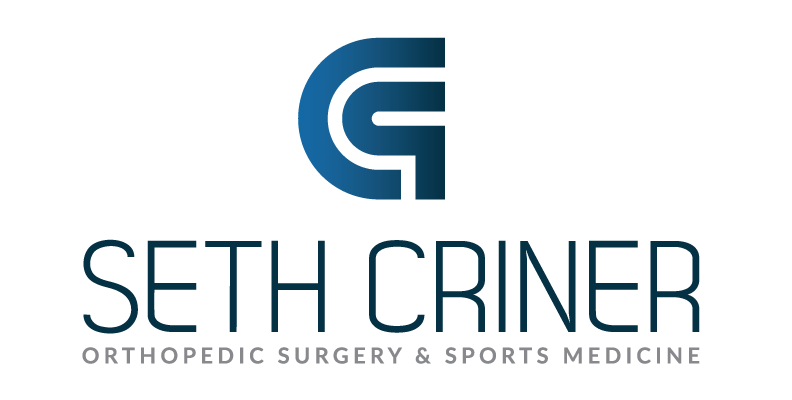Orthopedic procedures have come a long way with advanced technology, cutting-edge treatments, and techniques that are far less invasive and traumatic than in years past. Patients are better prepared emotionally, armed with increased knowledge of the surgery, its benefits, and the comfort of modern day pain management. One thing they often aren’t prepared for, however, is the emotional aspect of what may come after… post surgery depression.
The link between patients’ emotional states and the quality of their recovery is often cited in orthopedic areas such as spine, trauma, sports medicine, joint reconstruction and upper extremity surgery. Understanding and recognizing post-surgical depression in patients recovering from orthopedic trauma is important for overall healing. Depression can impair ability to rehabilitate. It can increase the risk of complications and add to the length of the recovery period.
Why can depression set in after surgery? One thought is that for previously healthy patients who’ve suffered traumatic injury that required orthopedic surgery, they find themselves dealing not only with the stress of the injury, but the shattered confidence in their own health and vitality. Feelings of mortality, loss, and vulnerability, if left unaddressed, can lead to a state of depression. In other cases, the onset of depression comes not just from one thing, but a perfect storm of influences ranging from emotional states to drug interactions to infections or quality of support and after-care.
Recognizing the signs of post surgery depression
Are you healing? Or are you depressed? Many patients naturally feel anxious as they recover, so they aren’t sure. Disrupted sleep, lack of appetite, anxiety, these can all be normal post-op symptoms. However, if they last more than two weeks, they should be addressed with health care provider. Other potential symptoms of post surgery depression include extreme fatigue, insomnia, unexpected crying fits, low motivation, difficulty making decisions, and loss of interest in things usually enjoyed.
Dealing with post surgery depression
Talking with your surgeon or healthcare professional about your symptoms is crucial for addressing the issue. There are a few things you can do yourself, though, which can help.
Exercise: Most likely already a part of your recovery routine, exercise also improves mood, self-esteem, body image, and quality of life. It’s these little boosts that often help with overcoming depression after surgery.
Don’t go it alone: Keep friends, family, and healthcare support close that will offer you the emotional support you need to get through your recovery.
Stick to healthy routines, even if you don’t feel like it: Eat nutritious foods, get up and walk around as much as you are able (check with your physician before any exercise), call and talk to friends, do something creative. Keeping your mind active is a wonderful antidote to depressive feelings and a productive way to give your body – and mind – the support it needs for total healing.
